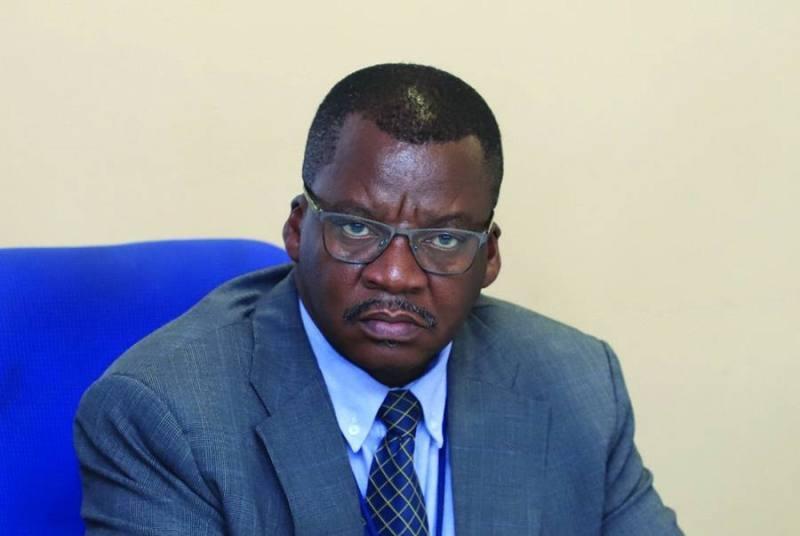Africa-Press – Botswana. The Botswana Examination Council (BEC) is making strides toward modernising its examination marking processes with the implementation of an electronic marking (e-marking) system. BEC Chief Executive Officer Dr Moreetsi Thobega spoke about the functionality and future of ‘this innovative approach’ in a recent interview.
Dr Thobega explained that the e-marking system, which was introduced three years ago, aimed to improve the efficiency and accuracy of the examination marking process. Initially focused on marking multiple-choice questions, the system has now expanded to include structured examinations as well.
The e-marking system, known as e-authoring, has already been utilised for the Botswana General Certificate of Secondary Examinations (BGCSE), Junior Certificate Examinations (JCE), and Primary School Leaving Examinations (PSLE).
The system allows a marker to evaluate questions from an exam script, and after completing their marking, another marker is assigned to the same questions without prior knowledge of the previous evaluation.
“If discrepancies arise among markers, the system escalates the issue to a team leader who serves as the standardizer,” Dr Thobega said. In the 2024 examination marking period, 32 subjects were marked using this electronic approach, with plans to gradually expand its usage until all written syllabuses are incorporated.
Dr Thobega emphasised the benefits of the e-marking system, stating that it enhanced marking accuracy through a verification process involving two or three individuals per answer. This approach significantly reduces errors and streamlines the grading process. Once marking is completed, the system inputs the scores into the Malepa system, where grades are processed and final results compiled. He said the e-marking system not only shortened the marking time but also improved quality assurance.
“The system operates at the convenience of the markers, allowing them to mark at any time,” Dr Thobega added. He expressed optimism that with full implementation, the examination marking period would drastically be reduced.
Notably, the electronically marked subjects from the last examination cycle were completed in less than a week.
However, Dr Thobega clarified that the implementation of e-marking would not decrease the number of examiners required for the marking process.
“Even with electronic marking, professionals must apply their expertise. The same number of markers will still be necessary,” he explained.
While there will be no reduction in the workforce, associated costs are expected to decrease, he said.
Challenges remain for the full implementation of the e-marking system, particularly regarding financial constraints related to training examiners. Dr Thobega expressed a desire for a fully digital examination process in the future, where questions are generated electronically, paving the way for computer-aided testing and potentially eliminating physical scripts to mitigate issues such as lost or leaked exams.
To date, no complaints have been reported by examiners regarding the e-marking system.
Dr Thobega also highlighted the importance of linking the e-marking system with the Malepa Processing System to meet the electronic business needs of service providers and schools.
For More News And Analysis About Botswana Follow Africa-Press






